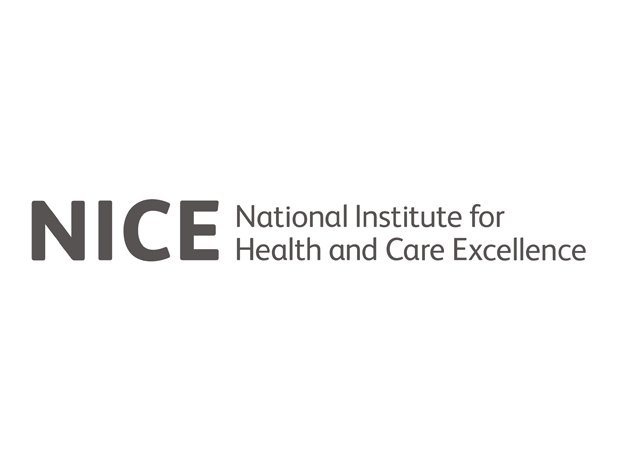NHS patients gain access to Gilead’s Hepcludex

NICE’s decision will result in eligible patients using a treatment that slows or halts aspects of the illness
Gilead has revealed that the National Institute for Health and Care Excellence (NICE) has recommended Hepcludex for use across the NHS.
The therapy – also known as bulevirtide – has been developed to treat chronic hepatitis delta virus (HDV) infection.
The drug is recommended as an option for treating chronic hepatitis D among adults with compensated liver disease, provided there is evidence of significant fibrosis. It also requires that the patients’ hepatitis has either not responded to peginterferon alfa-2a (PEG-IFN) or they cannot have interferon-based therapy.
Bulevirtide remains the only therapy to be conditionally licensed for this specific patient population across Great Britain. In spite of being the most aggressive form of viral hepatitis, the options for patients living with the condition have been severely limited.
Consequently, NICE’s decision will result in hundreds of eligible patients being granted the option of a treatment that slows or halts aspects of the illness.
The NICE recommendation applies to the NHS in England, however, it is expected that the NHS in Wales will follow the verdict over the coming days. Furthermore, Gilead is working with the health authorities in Northern Ireland to make bulevirtide available as quickly as possible.
Bulevirtide was accepted by the Scottish Medicines Consortium earlier this year.
Paul Desmond, from the Hepatitis B Foundation, reflected: “Despite the exceptional progress that has been made in treating other forms of viral hepatitis over recent years, chronic HDV infection has remained a real challenge.”
He added: “Having NHS access to this medicine will be reassuring for many people who are struggling to live with the reality of this condition. However, we must not forget that a major issue continues to be finding and diagnosing those affected. It is highly likely that hundreds of people may have HDV who do not know it. Ensuring we are screening properly to identify those in need as early as possible will also be vital.”
Dr Ahmed Elsharkawy, consultant transplant hepatologist and honorary senior clinical lecturer at the University of Birmingham, concluded: “While many people have heard of hepatitis C and hepatitis B, today chronic hepatitis D infection is arguably the most aggressive and difficult-to-treat form of viral hepatitis.
“Today’s news on bulevirtide is very welcome. It means we can finally offer our patients a treatment option that will allow us to target a virus that, in many of our patients, can be life-threatening as it causes serious liver damage and liver cancer.”
Source link
#NHS #patients #gain #access #Gileads #Hepcludex